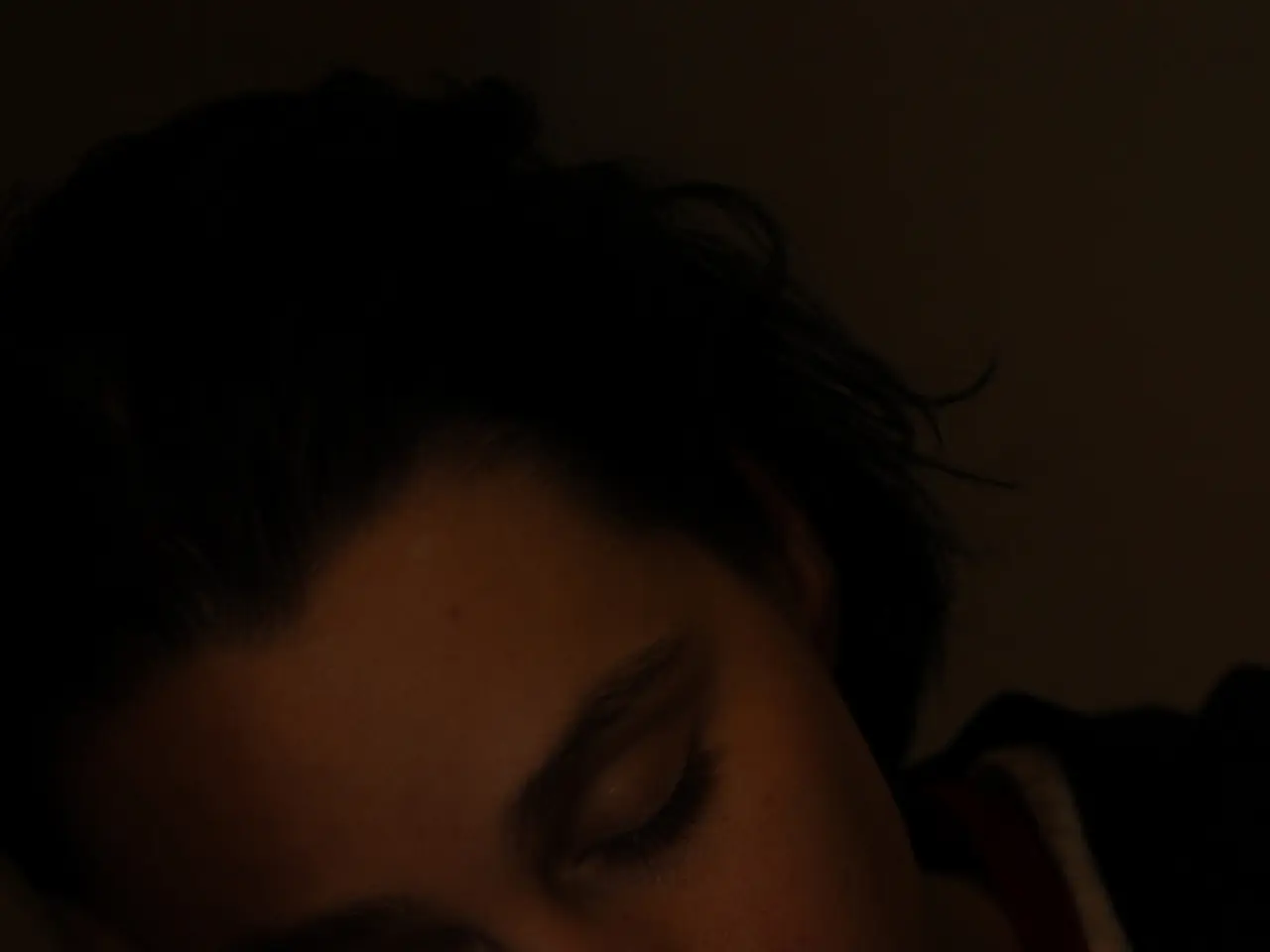Sleep Deprivation May Lead to Symptoms Resembling Schizophrenia
Sleep deprivation can have severe consequences, one of which is sleep deprivation psychosis. This condition, characterized by an altered perception of reality due to a prolonged lack of sleep, can be a serious health concern.
After just 24 hours without sleep, symptoms can include distorted perception, anxiety, and irritability. Within the next 24 to 48 hours, hallucinations may develop, along with simple delusions, disorientation, disorganized thinking, apathy, depression, euphoria, anger, and hostility.
As time passes without sleep, the symptoms can become more intense. After 48 hours, people may experience hallucinations, simple delusions, disorientation, disorganized thinking, apathy, depression, euphoria, anger, and hostility. After 72 hours, persistent complex hallucinations, elaborated delusions, bouts of aggression, and more mood changes can occur.
Common auditory disturbances in sleep deprivation psychosis include not being able to identify where sounds are coming from, hearing sounds or voices differently than they sound in reality, and hearing sounds or voices that aren't there. Visual disturbances can include objects appearing larger or smaller than they are, moving when they're not, changing colours, losing sharp edges, appearing to be something different, or seeing things that aren't there. Sensory experiences can also include feeling like something or someone is touching you when they're not, feeling like your body or parts of your body are changing in size, or having a sensation of movement while you're not moving.
It's important to note that the key difference between hallucinations caused by sleep deprivation psychosis and those caused by hallucinogenic drugs is that sleep deprivation-induced hallucinations bear resemblance to psychotic symptoms that may improve with recovery sleep, while drug-induced hallucinations are often more vivid or specific to the substance, and can last as long as the substance affects the brain.
The Centers for Disease Control and Prevention (CDC) recommends at least 7 hours of sleep per day for adults. However, going for prolonged periods without sleep can lead to symptoms ranging in severity from poor concentration to sleep deprivation psychosis.
Fortunately, sleep deprivation psychosis is typically not permanent and can be resolved by getting sleep. The treatment for sleep deprivation psychosis is simply sleep. For every hour of sleep that one has lost, they may need a half-hour of sleep to recuperate.
In conclusion, while sleep deprivation psychosis may seem like an extreme consequence of not getting enough sleep, it's important to remember that it is a real and potentially dangerous condition. It's crucial to prioritise sleep and maintain a healthy sleep schedule to avoid the risk of developing sleep deprivation psychosis.
Read also:
- Nightly sweat episodes linked to GERD: Crucial insights explained
- Antitussives: List of Examples, Functions, Adverse Reactions, and Additional Details
- Asthma Diagnosis: Exploring FeNO Tests and Related Treatments
- Unfortunate Financial Disarray for a Family from California After an Expensive Emergency Room Visit with Their Burned Infant








